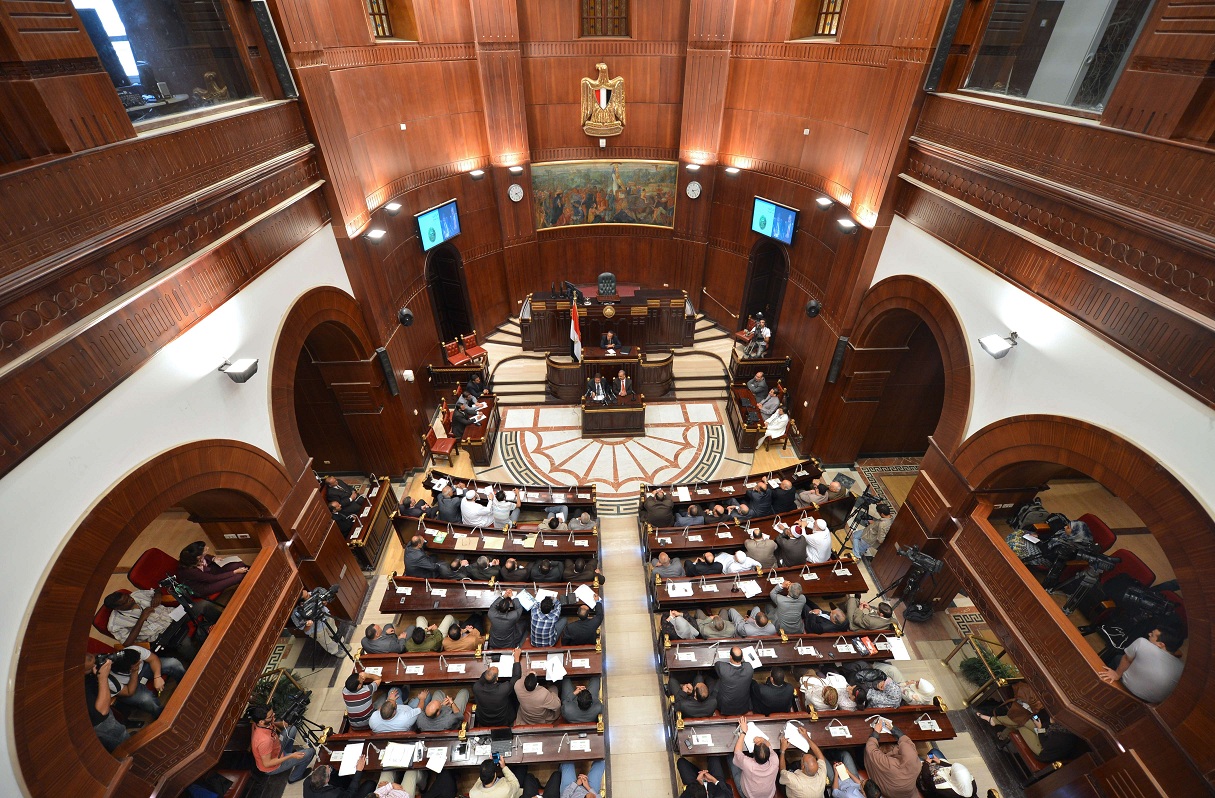CAIRO: Before an audience of Egyptian journalists Sir Alistair Horne, a renowned British historian, recounted the events of Egypt’s 1973 war with Israel. A show of hands concerning Sadat’s success in bringing peace to the region was evenly distributed between approval and disagreement. Concerning his role in bringing peace, at least in Egypt, Sadat is very much still on trial.
Later in the day the historian held a further session in front of a packed out auditorium at the American University in Cairo.
The lecture entitled, “Kissinger and Crisis Management in the 1973 October War was hosted by the Heikal Foundation. Sir Alistair’s presentation was largely based on the vast collection of Henry Kissinger’s archives and emphasized the US’ role as a mediator during the short war.
The historian depicted President Sadat’s military attack on Israel as “one of the most brilliant military schemes in history. The offensive caught both Israel and the US by immense surprise. Egypt’s attack, Sir Alistair explained, furthermore shocked Kissinger because unlike past wars Egypt rather than Israel was the aggressor.
Israel was “sitting on its laurels, he said, as they thought they had nothing to fear. During the first few days of the war the sense of surprise caused the US to arouse talk of making use of Israel’s nuclear weapons. The short war included the greatest amassing of weaponry since the Second World War, recounted Horne, as the two superpowers were re-supplying their client states. Syria, receiving 30 plane loads daily of military supplies from the Soviets, was nearly able to reach the See of Galilee.
Although a cease-fire was relatively quickly signed between the US and the Soviets, two subsequent events risked the peace. First, Brezhnev sent a threatening message to Nixon in compliance with Sadat’s request for the Soviets to intervene directly in the course of war. In response, Kissinger, who by then was in charge of the US’s world policy, placed the US military on high alert for a number of hours. By morning the alert was rescinded, but the move had risked a direct clash between the two superpowers. This, Sir Alistair depicted as a “very dangerous moment, to which both the USSR and US had likely overreacted.
Sir Alistair recounted that when the tide of the war had swung in Israel’s favor and Israel did not comply with the measures of the cease-fire, the US considered sending its own military to stop them.
In his memoirs Kissinger writes of the dislike he harbored for Golda Meir, Israel’s Prime Minister, in contrast with the great admiration he felt for President Sadat. The cause of peace, Kissinger described as Sadat’s “pyramid.



